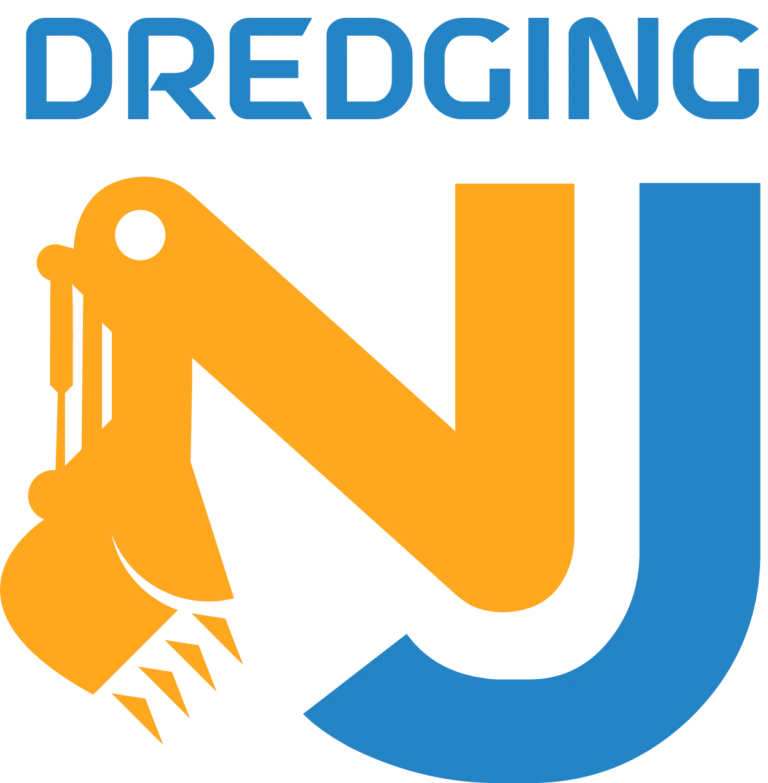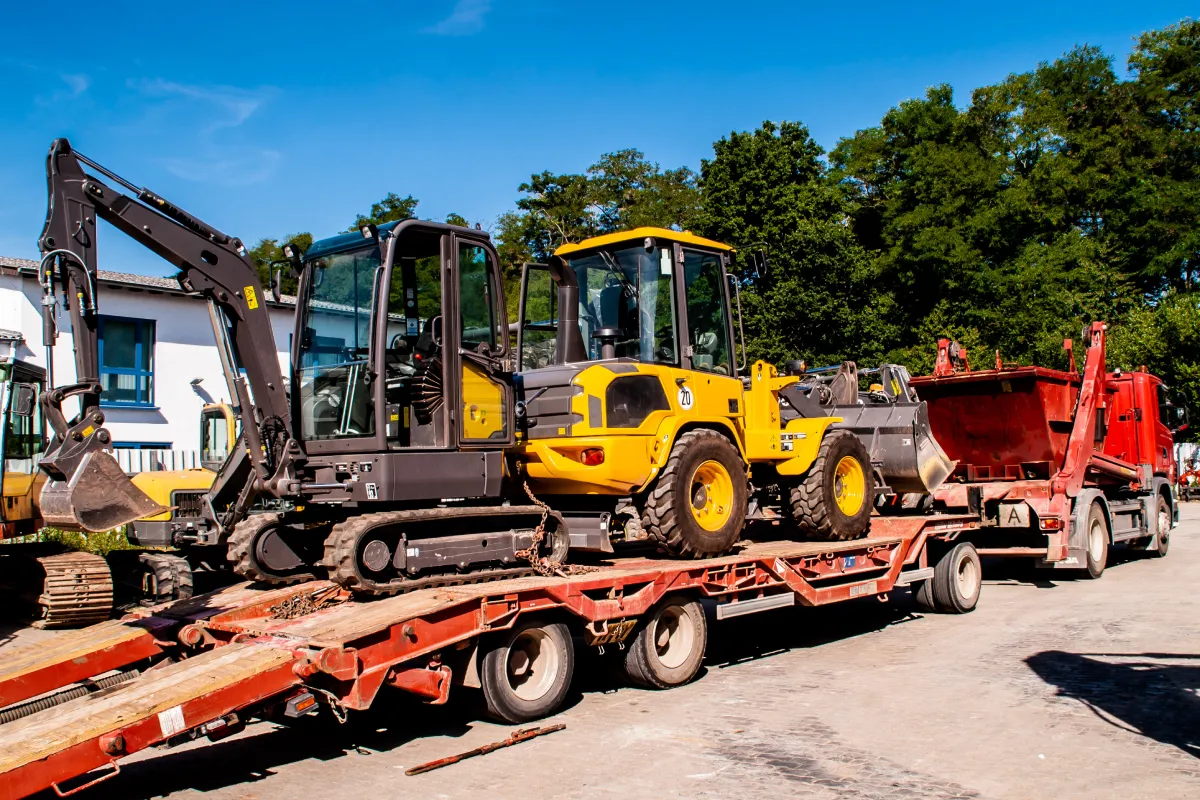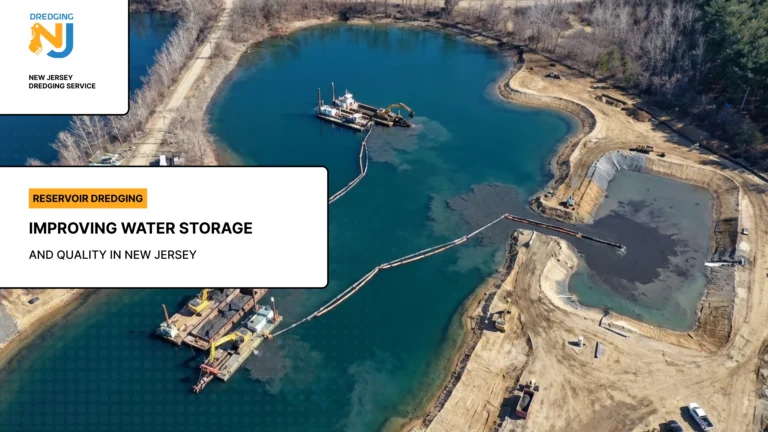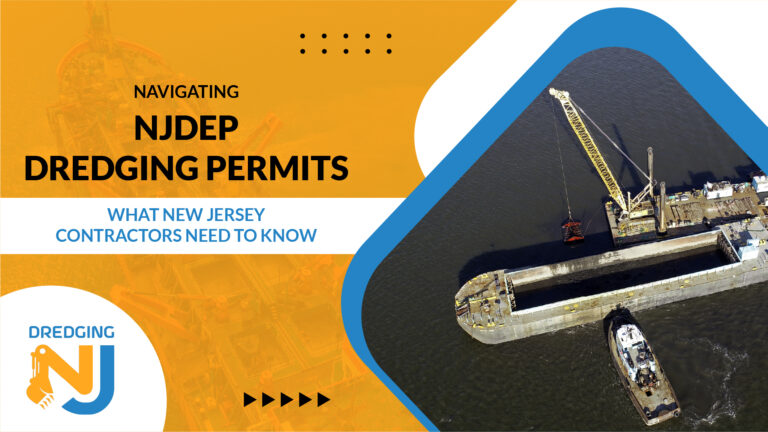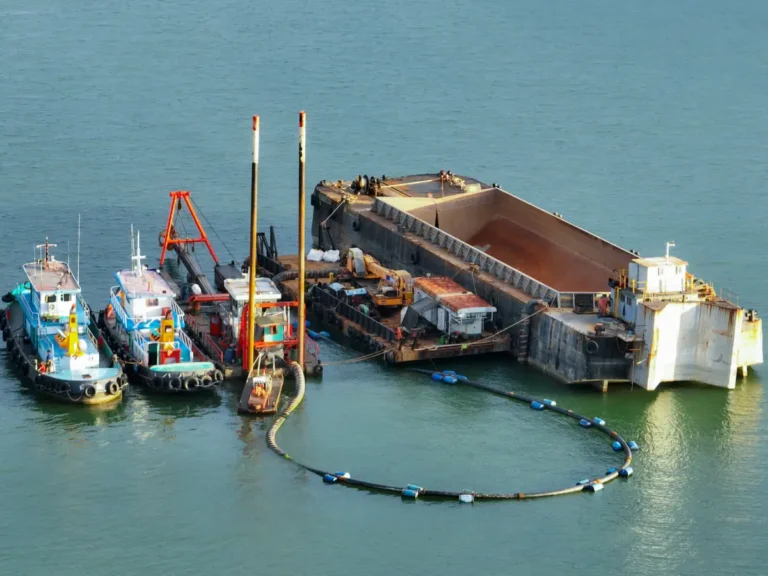Dredge rental has become a preferred solution for industries and municipalities seeking efficient, cost-effective sediment removal and waterway maintenance. From large-scale hydraulic systems for mining and coastal projects to compact pond dredge rental for golf courses, farm reservoirs, and municipal basins, the flexibility of renting allows operators to match equipment precisely to project requirements. Whether through full dredge rental or pump-only solutions, organizations gain access to the latest technology without the financial burden of ownership.
Understanding the Core Concept of Dredge Rental
What does dredge rental mean in practice?
Dredge rental refers to the short-term or long-term leasing of dredging equipment to support projects that require sediment removal, slurry transfer, or waterway maintenance without the capital investment of ownership. Instead of purchasing high-value equipment outright, companies can access modern dredge systems—ranging from hydraulic dredges to modular pond dredges—on a demand basis. This approach enables operators to scale resources to meet project needs while avoiding the costs associated with long-term storage, depreciation, and maintenance.
Differences between renting dredging equipment vs. dredge pump rental only
There is a clear distinction between full dredge rental and dredge pump rental. Renting an entire dredge typically includes hulls, cutterheads, pontoons, power units, and support systems, making it suitable for large-scale mining, coastal, or municipal projects. By contrast, dredge pump rental focuses solely on the pump unit, which can be integrated with an existing excavator, barge, or submersible system. Pump-only rentals are especially useful for contractors who already own support equipment but need a temporary, high-performance slurry pump to complete a task. Both options provide flexibility, but the choice depends on whether a project demands a full dredging platform or a pump solution to enhance existing assets.
When to choose a rental over purchase
Choosing rental over purchase makes sense when dredging is not a core, recurring operation for the business. For projects with short timelines, seasonal dredging, or site-specific needs such as pond dredge rental, leasing ensures access to advanced equipment without tying up capital. Rental is also favored when project specifications change frequently, since providers can supply different pump sizes, dredge configurations, and attachments to match shifting requirements. In many cases, the ability to test and deploy equipment quickly without incurring ownership risk is a decisive factor for industries operating under tight schedules and stringent environmental regulations.
Types of Dredge Equipment Available for Rental
Hydraulic Dredges
Hydraulic dredges use pumps to transport slurry through pipelines and are widely used in river deepening, tailings ponds, and coastal restoration. They are efficient for handling large sediment volumes over long distances. Rental options often include cutter suction dredges or auger dredges, depending on the type of sediment and site constraints.
Mechanical Dredges
Mechanical dredges rely on buckets or grabs to lift material physically. This category includes clamshell dredges, backhoe dredges, and excavator-based dredging systems. They are best suited for projects that require precision removal, such as dock maintenance or work in restricted waterways.
Pond Dredge Rental
For small-scale operations such as golf courses, HOA ponds, farm reservoirs, or aquaculture basins, pond dredge rental offers compact, modular systems that can operate in shallow or confined spaces. These units are designed for mobility, quick setup, and minimal disruption to surrounding areas.
Specialized Attachments and Accessories
Many rental providers also supply supporting tools to maximize dredging efficiency. These may include:
- Cutterheads for compacted sediments
- Jetting rings for loosening material
- Agitators to maintain slurry flow
- Pontoons for floating pump setups
Comparison of Dredge Equipment Types
| Dredge Type | Best For | Typical Rental Applications |
| Hydraulic Dredge | Large sediment volumes, continuous pumping | Mining tailings, coastal restoration, river work |
| Mechanical Dredge | Precision sediment removal | Dock cleaning, harbor maintenance, excavation |
| Pond Dredge Rental | Shallow water, confined sites | Golf course ponds, HOA lakes, farm reservoirs |
| Attachments & Accessories | Enhancing existing systems | Customizing pumps, boosting efficiency |
Dredge Pump Rental: A Flexible Alternative
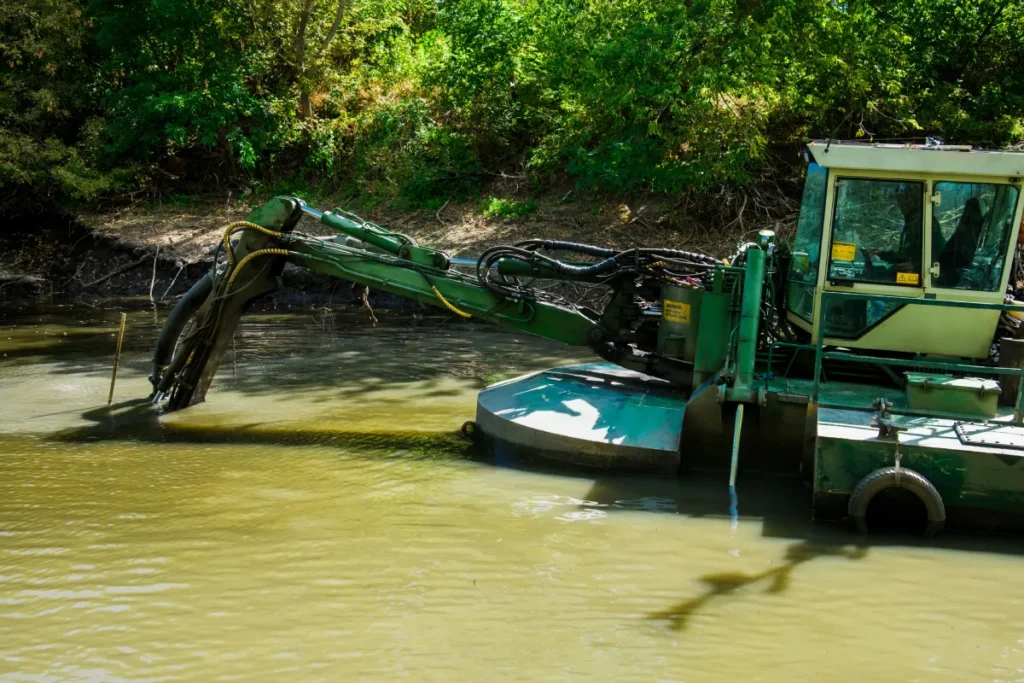
Situations where only a dredge pump rental makes sense
Not every project requires a complete dredge system. In many cases, renting a dredge pump alone is the most efficient option. Contractors and operators may choose this approach when:
- Existing excavators, barges, or submersible setups are already available.
- The project scope is limited to slurry transport or material relocation.
- Budget constraints make full dredge rental unnecessary.
- Site conditions require a portable, pump-only solution for quick deployment.
Pairing pumps with excavators, barges, or submersible systems
A rented dredge pump can be easily integrated with standard heavy equipment or modular platforms:
- Excavator-mounted pumps – ideal for dredging canals, ponds, or shorelines.
- Barge-mounted pumps – suitable for harbor dredging or sediment removal in deeper waters.
- Submersible pump units – effective for mining slurry, tailings ponds, or wastewater lagoons.
Benefits of pump-only rentals for temporary slurry transfer and dewatering
Choosing dredge pump rental allows flexibility for projects that demand short-term, high-capacity pumping without the logistics of moving an entire dredge system. Key benefits include:
- Lower upfront rental costs compared to complete dredge systems.
- Reduced mobilization time and equipment footprint.
- Ability to scale pump size and power rating to match slurry type and volume.
- Compatibility with existing power sources (diesel or electric).
Industry-Specific Applications of Dredge Rental
Mining Operations
In mining, dredge rental is frequently used for tailings pond management and slurry transport. Hydraulic dredges and submersible pumps facilitate the efficient movement of abrasive materials, thereby reducing downtime at production sites. Renting equipment also allows mines to scale capacity during peak operations without committing to permanent assets.
Municipal Projects
Cities and municipalities rely on dredge rental for pond cleaning, wastewater lagoon maintenance, and stormwater retention basins. Pond dredge rental solutions are particularly effective in shallow or restricted environments, where compact systems are required to restore water capacity and prevent flooding.
Marine and Coastal Restoration
For shoreline stabilization, erosion control, and harbor deepening, dredge rental provides access to large hydraulic systems capable of moving thousands of cubic yards of material. This flexibility is especially valuable for projects requiring quick mobilization after storm surges or seasonal erosion events.
Agriculture and Aquaculture
Farm reservoirs, irrigation ponds, and fishery basins often accumulate sediment that reduces water volume and quality. Pond dredge rental is a practical solution for these sites, offering portable systems that can be transported easily and operated with minimal disruption to farming or aquaculture operations.
Construction and Excavation
Dredge rental is also widely applied in land reclamation, foundation preparation, and sediment removal for infrastructure projects. Contractors benefit from being able to rent equipment as needed, ensuring the right dredge or pump is available for each site without long-term equipment overhead.
Cost Factors in Dredge Rental Contracts
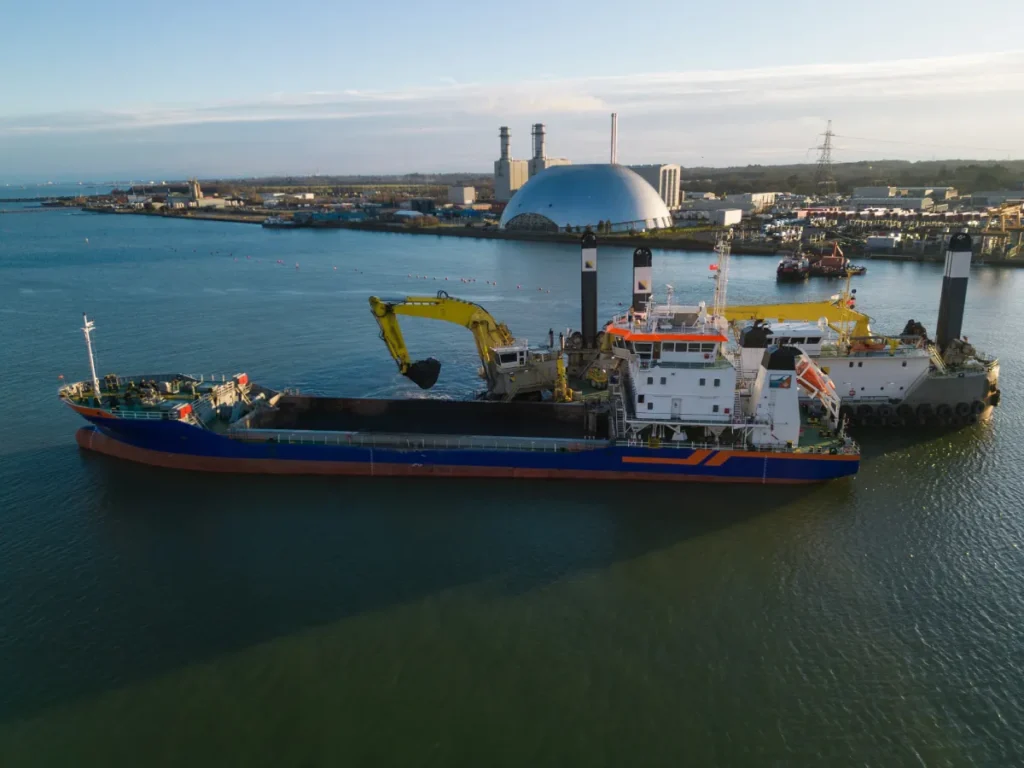
Understanding the cost structure of dredge rental is essential for accurate project planning. Beyond the base rental fee, several additional factors determine the overall budget.
Base Rental Rates
- Most providers offer daily, weekly, or monthly rental options.
- Longer rental periods often reduce the per-day cost, making them more economical for extended dredging campaigns.
Mobilization and Demobilization
- Transporting large dredges to and from the project site can represent a significant portion of costs.
- Remote or hard-to-access sites may require additional logistical planning, which can further increase expenses.
Transport and Site Access
- Fees vary depending on whether the equipment can be delivered via road transport, barge, or requires specialized handling.
- For pond dredge rental, smaller modular systems typically reduce transport challenges compared to full-sized dredges.
Operator and Support Crew
- Some rental agreements include trained operators, while others require the client to provide their own crew.
- Costs may also include training, safety oversight, or overtime for extended working shifts.
Fuel and Power Supply
- Diesel- and electric-powered dredges have different operating costs.
- High-capacity dredge pump rental units may require dedicated power sources, which can add to overall expenses.
Maintenance and Wear
- Normal wear and tear is often included in the rental contract, but damage due to misuse may incur additional charges.
- Some providers bundle preventive maintenance or on-site support into the contract.
Environmental and Compliance Fees
- Projects that require turbidity control, sediment testing, or slurry disposal permits may face extra costs.
- Compliance with regional environmental regulations often adds to the financial considerations of dredge rental.
Comparing Dredge Rental Options: Full Systems vs. Pump-Only Rentals
Selecting the right rental setup depends on project scale, budget, and site conditions. Some projects demand complete dredge systems with all supporting components, while others only require dredge pump rental to integrate with existing equipment. Pond dredge rental often falls in between, offering compact full systems suited for shallow or confined sites.
Full Dredge Rental vs. Pump-Only Rental
| Factor | Full Dredge Rental | Dredge Pump Rental Only |
| Scope of Equipment | Complete system (hull, power, cutter, pontoons) | Pump unit with optional accessories |
| Best Use Case | Large-scale mining, coastal, or municipal work | Short-term slurry pumping, pond dredging |
| Mobility | Requires mobilization, transport, and assembly | Quick to deploy, minimal logistics |
| Cost Level | Higher base rental + mobilization fees | Lower rental costs with reduced overhead |
| Flexibility | Limited to dredge design and configuration | Highly adaptable across excavators, barges, or submersibles |
| Site Fit | Suitable for deep water and high-volume removal | Ideal for confined ponds, lagoons, and temporary slurry tasks |
Maintenance and Support: What to Expect from a Rental Provider
When evaluating dredge rental contracts, maintenance and technical support play a critical role in minimizing downtime and ensuring project continuity. The level of service offered can vary significantly between providers, so understanding what’s included is essential.
Technical Support and Troubleshooting
- Many providers offer 24/7 remote support for diagnosing pump or system issues.
- Larger dredge rental agreements may include on-site technicians for startup and training.
- Quick access to troubleshooting guidance reduces costly project delays.
Preventive Maintenance
- Some contracts include scheduled inspections and servicing during the rental term.
- Preventive checks on seals, impellers, and power systems extend pump life and protect against breakdowns.
- Pond dredge rental often emphasizes simplified maintenance, with modular components that are easy to service in the field.
Spare Parts Availability
- Reliable providers ensure a ready supply of critical wear parts such as impellers, liners, and seals.
- Fast replacement reduces downtime in high-abrasion environments, such as mining or wastewater applications.
Operator Training and Safety
- Training packages may cover safe pump operation, slurry handling, and environmental controls.
- For dredge pump rental, providers often deliver installation guidance to integrate pumps with excavators or barges.
Service Contracts and Upgrades
- Extended rental agreements sometimes include equipment upgrades during long projects.
- Providers may offer flexible swap-outs for pumps or modules if site conditions change.
Regulatory and Environmental Considerations in Dredge Rental
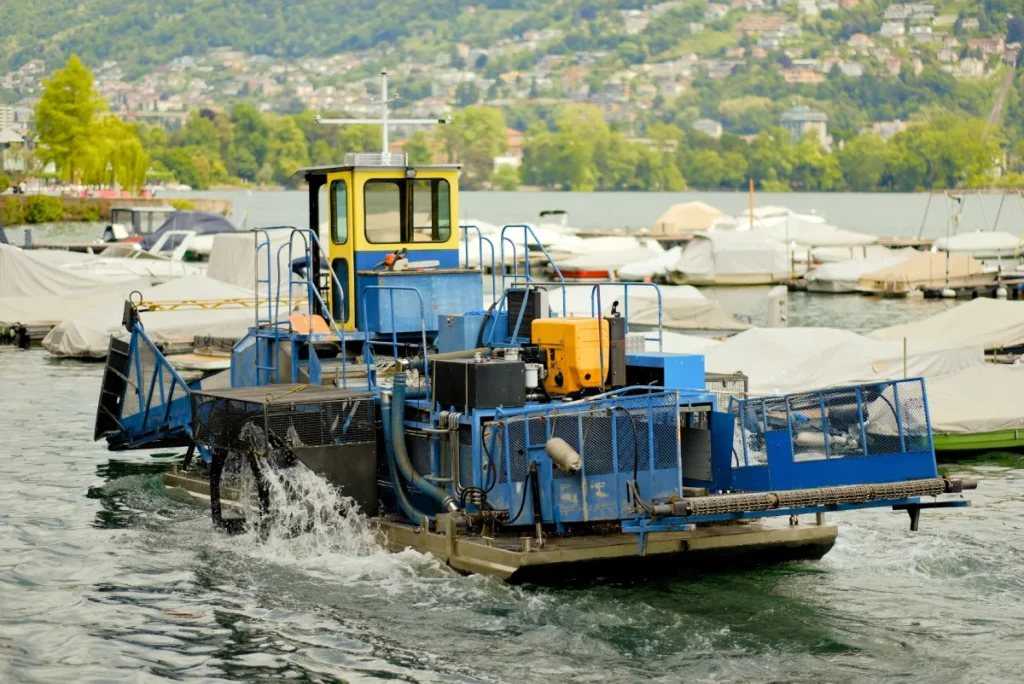
Every dredging project must comply with environmental and regulatory frameworks that govern water quality, sediment handling, and ecosystem protection. Rental providers often play a supporting role in helping operators align with these requirements.
Permits and Approvals
- Projects typically require permits from agencies such as the U.S. Army Corps of Engineers (USACE), Environmental Protection Agency (EPA), or local water authorities.
- Pond dredge rental for residential or municipal sites may require additional state or community-level approvals.
- Environmental impact assessments are often mandatory before dredging begins.
Turbidity and Water Quality Control
- Regulations limit the amount of sediment that can be resuspended during dredging.
- Turbidity curtains, silt screens, and monitoring systems are often integrated into dredge rental projects.
- Compliance ensures aquatic habitats and downstream users are not negatively impacted.
Sediment Disposal and Dewatering
- Dredged material must be managed in accordance with environmental rules.
- Slurry dewatering, geotextile tubes, or spoil site containment may be specified in permits.
- Certain contaminants in sediments can trigger stricter disposal protocols.
Fuel and Emissions Standards
- Diesel-powered dredges must comply with emissions limits, especially in urban or coastal zones.
- Electric-powered dredge pump rental options are increasingly favored where emission restrictions apply.
Wildlife and Habitat Protection
- Seasonal restrictions may limit dredging during periods of fish spawning or bird nesting.
- For pond dredge rental in sensitive areas, smaller equipment with a reduced environmental footprint is often mandated.
Long-Term Value of Dredge Rental Partnerships
Beyond short-term project needs, many organizations establish ongoing partnerships with dredge rental providers to maximize efficiency and reduce operational risk. These relationships go beyond a transactional model, offering continuity, cost savings, and technical consistency over time.
Ongoing Access to Equipment
- Long-term rental agreements guarantee priority access to dredge systems, dredge pumps, or pond dredge rental units when projects overlap or scale up.
- Providers often allow flexible equipment swaps to match changing sediment conditions or project phases.
Bundled Service Packages
- Many providers offer combined solutions that include dredge rental, dredge pump rental, and accessories such as jetting rings or pontoons.
- Bundling reduces overall costs and simplifies logistics, since the client deals with a single vendor.
Reduced Downtime and Risk
- Long-term partners typically offer faster response times, better spare parts availability, and more reliable technical support.
- Familiarity with the client’s operating environment allows the provider to anticipate issues before they disrupt progress.
Cost Efficiency Over Time
- Repeated rentals from the same provider can unlock volume discounts or preferential pricing.
- Long-term contracts often reduce mobilization fees, spreading logistics costs across multiple projects.
Strategic Collaboration
- Providers familiar with a client’s industry—whether mining, municipal, or coastal restoration—can recommend the most suitable dredge rental configuration.
- This alignment helps clients meet compliance, budget, and performance goals with fewer delays.
Choosing the Right Dredge Rental for Your Project
Selecting the right dredge rental option requires evaluating equipment types, site conditions, compliance needs, and long-term value. Whether your project requires a comprehensive dredge system, targeted dredge pump rental, or specialized pond dredge rental, partnering with a trusted provider ensures efficiency and compliance throughout the process. At Dredging NJ, we offer customized rental solutions, backed by technical expertise and responsive support, to help you complete projects on time and within budget. Contact us to discuss your dredging needs and explore how we can support your next operation.
